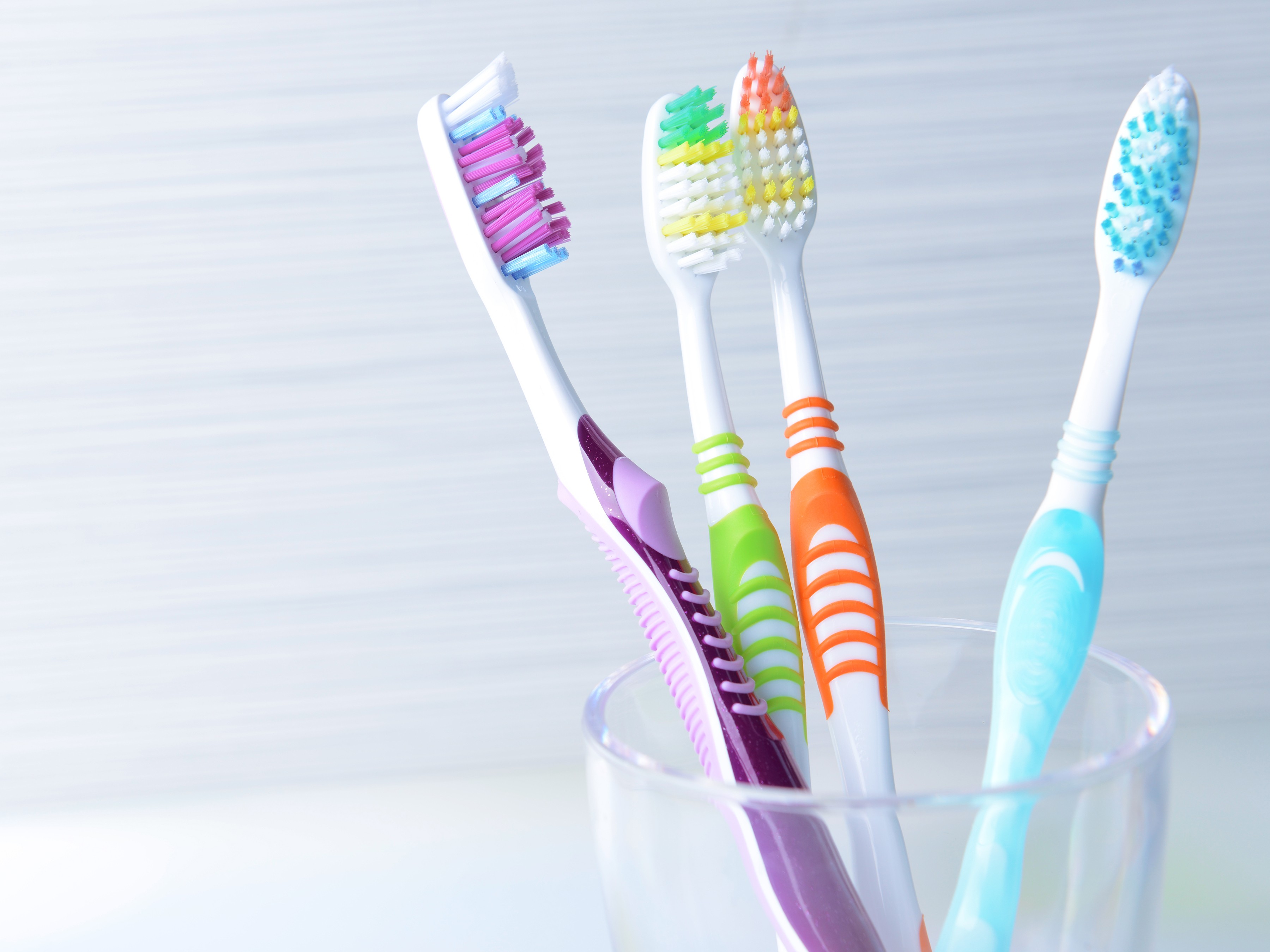Researchers at Trinity College Dublin have collaborated with the Eastman Dental Institute at University College London to produce a paper on the effects that toothbrushes have on the environment and human health. One of the findings in the paper states that bamboo toothbrushes are not the most sustainable option, but a hypothetical continued recycled plastic toothbrush would be.
Whilst toothbrushes are a widely recommended healthcare device, there is little quantitative data available for the impact toothbrushes have on the planet. The research study, which was published in the British Dental Journal, represents the first time a Life-cycle assessment (LCA) has been used to measure environmental consequences of a healthcare product.
A Life-cycle assessment (LCA) is a methodology used to measure the environmental impact of different services or products. It can also be referred to as a cradle-to-grave analysis. LCA considers the environmental impacts assessed from raw material extraction and processing (which would be the “cradle”), and the products manufacture, distribution, and use, to the recycling or final disposal (which is the “grave”).
An LCA was done on four different types of toothbrushes: a plastic manual, a bamboo manual, a plastic manual with a replaceable head, and an electric. Researchers considered manufacturing models of the toothbrushes and measured the carbon footprint and human health impact of the toothbrush. The team found that the electric toothbrush was comparatively harmful to both the planet and to the people involved in manufacturing and distribution processes.
This simple comparative LCA showed that a plastic manual replaceable head toothbrush and bamboo manual toothbrush perform better than traditional plastic manual and electric toothbrushes in every environmental impact outcome measure used in this study. However, the team found that the most environmentally sustainable toothbrush was not bamboo, but a hypothetical continued recycled plastic toothbrush.
Dr Brett Duane, Associate Professor in Public Dental Health at Trinity College and lead researcher commented on the results of that study, that “Bamboo toothbrushes are not the answer.”
“Using them just stops land from being put to better use such as helping biodiversity, or in growing forests to offset carbon emissions”, he stated.
Dr Duane states that “the ideal toothbrush is one which uses plastic which is recycled in a continuous process. Plastic brushes which can be recycled don’t take up a lot of land and they don’t need lots of water to grow. We need a system where plastic toothbrushes can be collected like batteries and then recycled into new products.”
The results from this research study could be used to inform individual consumer choice, oral health recommendations, procurement of toothbrushes for public health programmes, and toothbrush manufacturers. Using LCA to inform healthcare policies and recommendations will help healthcare providers move towards a more environmentally sustainable system.
Dr Duane noted: “Manufacturers, consumers, health professionals, and health policy makers should consider environmental sustainability as well as money and people’s health when recommending products. Governments and industry should consider how they could support recycling programmes. More funding is also required to support sustainability research in this area.”






